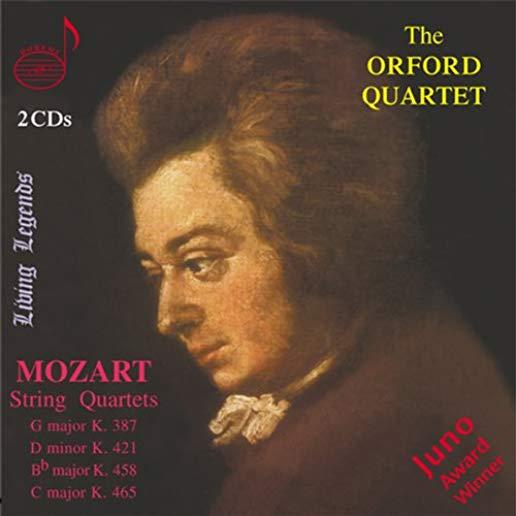
HOIBY / MUSTO / EWAZEN / ALTMAN / GRIER / LARSEN
product information
Condition: New,
UPC: 7351319091290,
Publication Date: 09/26/2006,
Type: COMPACT DISC,
Style: CLASSICAL/CLASSICAL VOCALS,
description
tracks
An ImmoralityWhat If
The Message
The Shepherd
In The Wind Of The Wind
O Del Mio Dolce Ardor - Reimaging
Branch By Branch
Homesick Blues
The Wider View
Who Has Seen The Wind?
Amarilla, Mia Bella
Amarilli, mia bella
Beginning My Studies
Dove Sta Amore
Maybe
Sea Chest
The Hangman At Home
How Many Little Children Sleep
Dove Sta Amore
Three Lyrics of Edna St. Vincent Millay
God's World
Wrath
Afternoon on A Hill
Dan Tucker Mots D'heures Gousses, Rames
Un Petit d'un petit
Chacun Gille
Lit-elle messe moffette
Eau La Quille ne colle
Bingo
Light Feet
notes
Recorded WFMT Chicago, 27-29, Jul 2004 and May 23 & 25, 2005The Dan Tucker referred to here is :
Dan Tucker was born in Chicago in 1925. After service in the U.S. Army from 1943 to 1946, he continued working as a journalist, and meanwhile took bachelor's and master's degree in piano and composition from the American Conservatory of Music. He combined two careers as newspaperman and composer from 1953 until 1988, when he retired from the editorial board of the Chicago Tribune to concentrate on music.
Tucker's approach to composition is based on his belief that hearing, in any organism that can detect sound, has a basic survival function. It reveals unseen movements nearby and focuses instant attention on living movement — actions that might involve the hearer. It follows that the most interesting sounds are those that share qualities of life — motion, direction, purpose — and this fact has special importance for the composer. Musical works that ignore this life-detecting function of hearing, he contends, are unlikely to last beyond the stage of novelty.
Over the last four decades, critics have praised the music of Chicago composer Dan Tucker for its "flair for melody" (Joseph McLellan, Washington Post), and for qualities they have called "moving," "impish," "hallucinating," and even "sublime." In all the evolving styles and idioms that Tucker's music has reflected in that time, melody has always been its mainstay, and remains so now that "melody" is no longer a word of critical scorn.
credits
Engineer – Bill Maylone
Piano – Elizabeth Buccheri
Producer – James Ginsburg
Soprano Vocals – Patrice Michaels
companies
Recorded At – WFMT-FM, Chicago's Fine Arts Station
Copyright (c) – Cedille Records
member goods
No member items were found under this heading.
notems store
Return Policy
All sales are final
Shipping
No special shipping considerations available.
Shipping fees determined at checkout.







